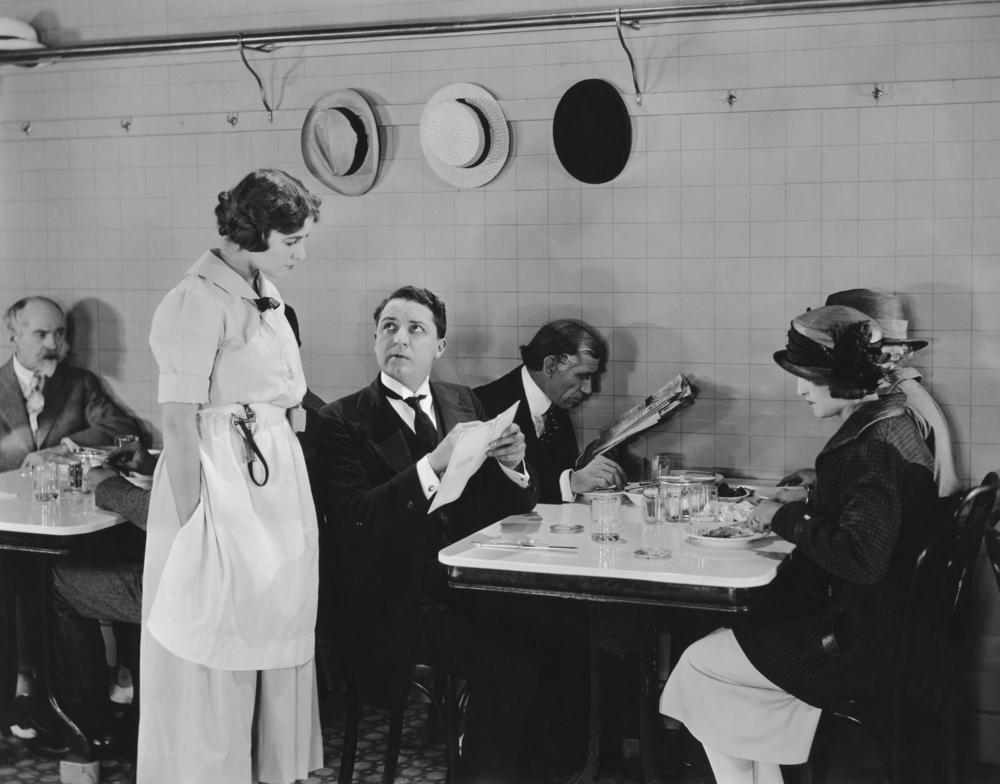
Sometimes a movie you watch ends when you least expect it, but you can’t shake off its impact for a long time.
A song gets stuck in your tongue. You can’t remember the rest, you can’t get the song out of your head all day.
When you leave the exam, you remember the questions you couldn’t solve before.
When you go on vacation, the things you leave unfinished keep your mind busy.
Episodes always end in the most exciting place in the TV series you watch because the scriptwriters know that scene will always linger in your mind until the next episode.
An unfinished love is remembered for a lifetime.
An unfinished homework disturbs you in dreams.
This is called the Zeigarnik Effect. This psychological concept, which describes that incomplete or divided things are easier to remember than completed ones, takes its name from the Russian psychologist Bluma Zeigarnik.
Bluma Zeigernik’s attention is drawn to the fact that the waiter remembers the orders of the whole group without recording them in a restaurant he goes to with his friends.

He returns to the restaurant and asks how he remembers so many orders, but the waiter doesn’t even remember the group that came. He says that he wrote the orders in his mind and deleted them from his memory after delivering them to the people.
Thereupon, Zeigarnik begins to conduct some experiments on this situation.

He gives the subjects simple tasks such as stringing beads on a string, reading novels, and solving puzzles. During these quests, it sometimes interferes and prevents the continuation of the quests. Afterwards, the subjects were asked which task they remembered more, and it was revealed that the subjects remembered their unfinished tasks more.
Years later, Kenneth McGraw also tested the Zeigarnik Effect with another method.
In his experiment, the participants were given a challenging puzzle and told that the research was over before any of them could complete the puzzle. Despite this, it was learned that the majority of the participants continued to complete the puzzle.
The Zeigarnik Effect is a situation that Charles Dickens also makes use of in his novels.

Many of Charles Dickens’ works were previously serialized, although they were later completed and published. The aim here was to arouse curiosity in the reader, keep the reader’s interest in the work alive, and keep it in mind.
To take a lesson from all this, it can be said that the mind creates pressure to complete the unfinished business before starting a new job. Therefore, procrastinating constantly means a lot of thoughts that continuously occupy the mind. In order to get rid of the feeling of procrastination brought by the Zeigarnik Effect, it is necessary to start from somewhere. As they say: “Starting is half of the battle.” because once it has begun, there will be an urge to complete it within you. When you have completed the work, you will completely eliminate the effect and the feeling of incompleteness that gnaws at you. When you complete each task, dopamine is released in your brain, and you are motivated. Act immediately for your unfinished business while there is still time so that they do not turn into regrets later.













